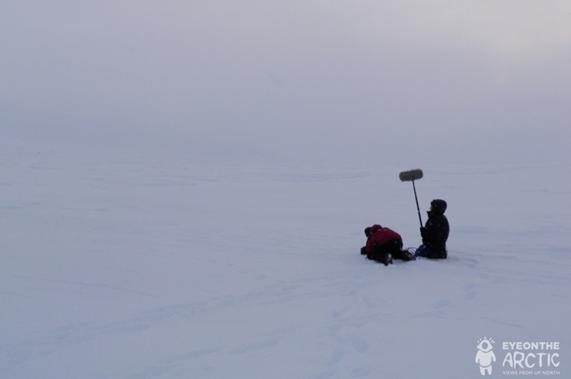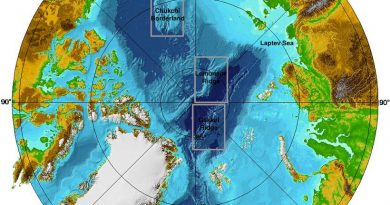Filming in the Arctic: Then and Now
Radio Canada International’s The Link did an in-depth interview this week on the black-and-white silent film The Romance of the Far Fur Country.
The film was originally commissioned by the Hudson’s Bay Company to commemorate their 250th anniversary in 1920.
Shot in 1919, the film faded from public consciousness after its release. But Canadian historian Peter Geller tracked down the original footage in London, England and brought it back to Canada.
I’ve been looking at some of the stills from the shoot on the website returnfarfurcountry.com today.
It got me thinking about our own filming in the Arctic.
Filming in 1919:

Filming in 2010:

Things haven’t really changed that much have they?
Write to Eilís Quinn at eilis.quinn(at)cbc.ca


